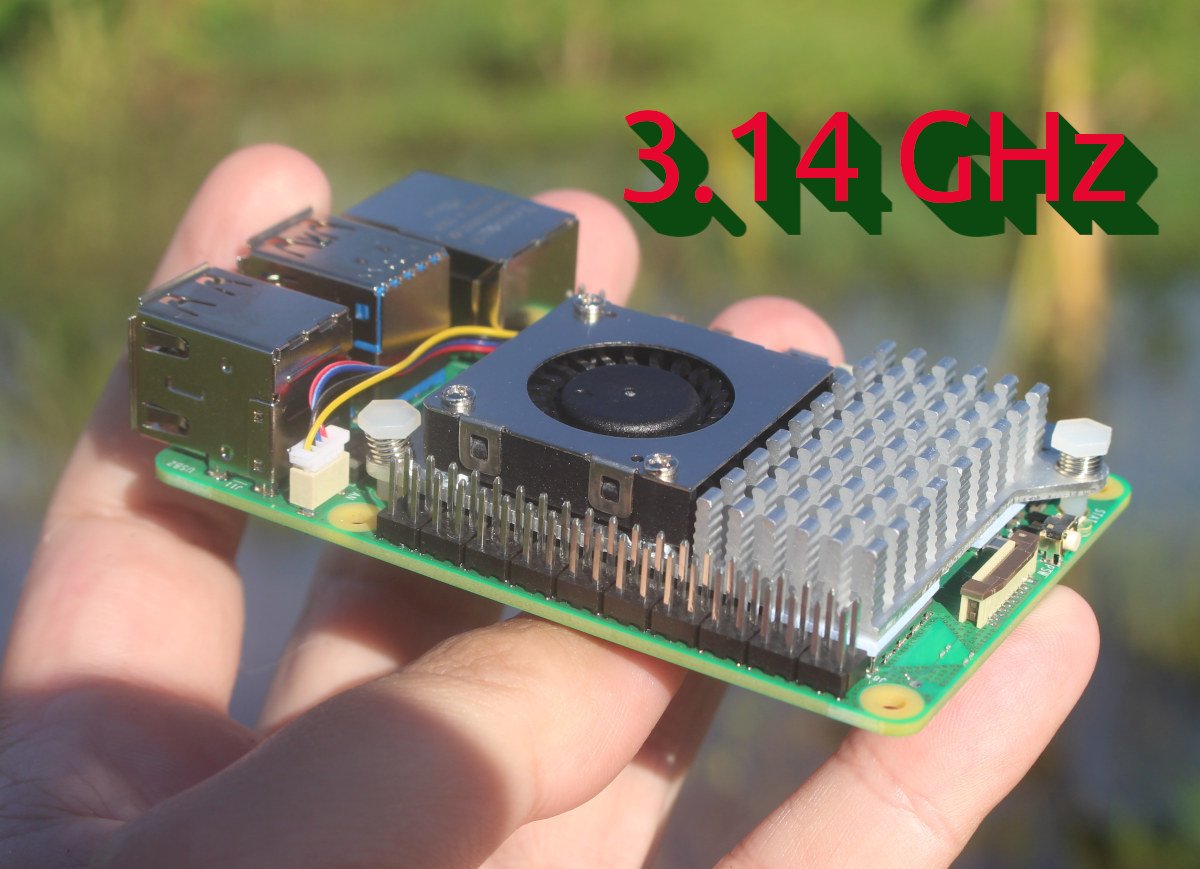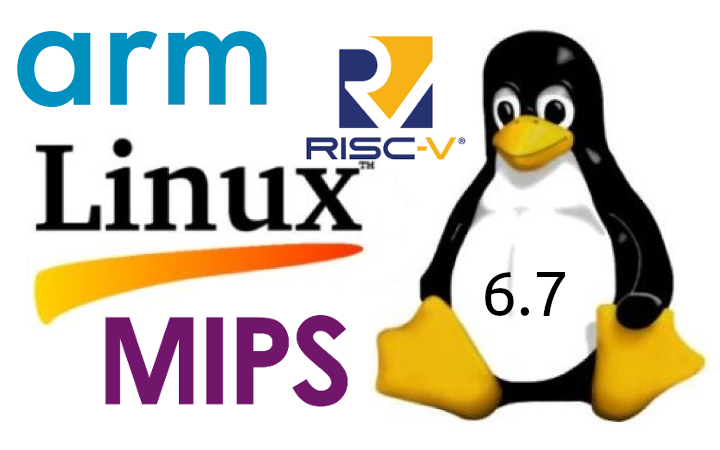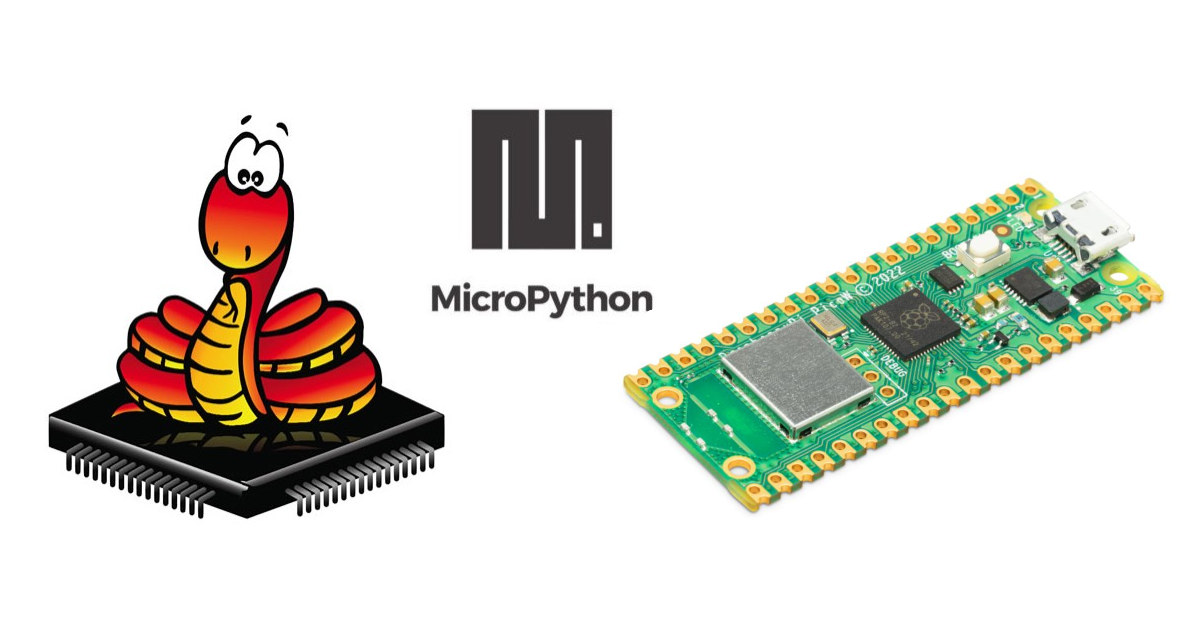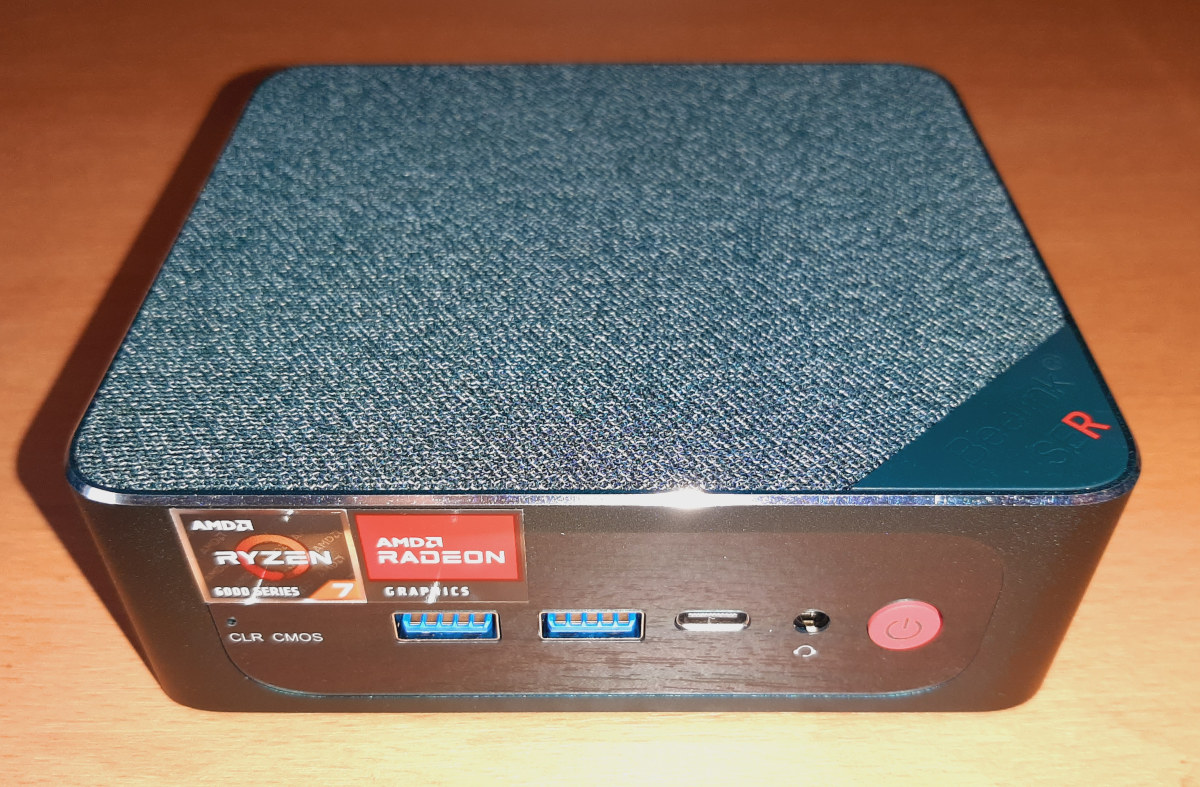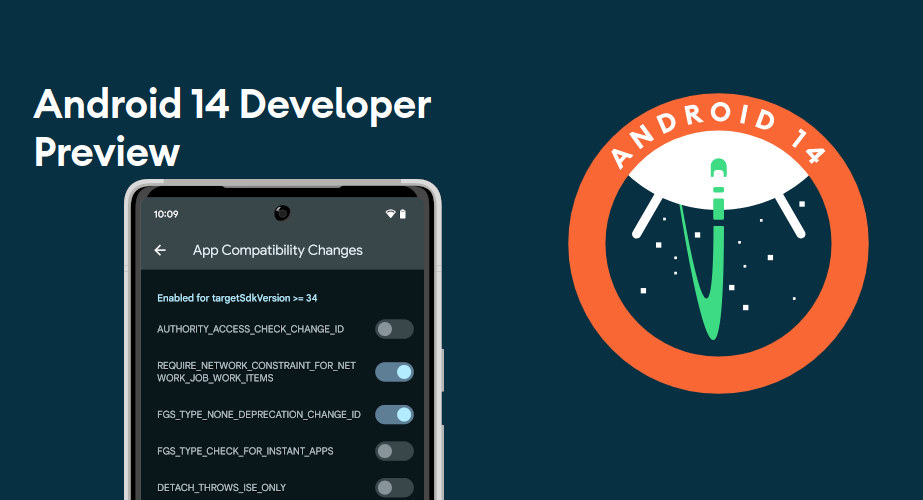The Raspberry Pi 5 is advertised as a single board computer with a CPU clocked up to 2.4 GHz, but some of the boards can run stably at a higher frequency, and Jeff Geerling found out one of his boards could be overclocked up to 3.14 GHz with no issues when running a stress test. The Raspberry Pi 5 already delivers a two to three-times jump in performance against the previous generation Raspberry Pi 4 SBC when clocked at 2.4 GHz, but some already overclocked their up to 3.0 GHz, and many thought it was the maximum limit. But a recent firmware release proved them wrong, as it turns out some Raspberry Pi 5 boards can boot at 3.2 GHz and run stably at 3.14 GHz with an adequate cooling solution. The voltage was also adjusted in the config.txt to more or less safe settings. Contrary to the photo above, […]
Embedded Open Source Summit 2024 schedule – Embedded Linux, Zephyr OS, and Real-time Linux
The Embedded Open Source Summit 2024 (EOSS 2024) will take place on April 16-18 and the Linux Foundation has already announced the schedule with conference sessions, lightning talks, and birds of a feather (BoF) sessions covering embedded Linux, Zephyr OS, and real-time (RT) Linux. While I won’t be attending in person, I still find it interesting to check out the schedule as we may learn more about the current status of embedded Linux. So I’ve created my own little virtual schedule out of the available talks. Tuesday, April 16 – Day 1, Embedded Open Source Summit 2024 9:05 – 9:45 – No, It’s (Still) Never Too Late to Upstream Your Legacy Linux-Based Platforms by Neil Armstrong, Linaro Nearly 7 years ago, Neil already spoke about this subject in Berlin, and it’s still very true. Do you maintain or used to maintain a Linux-based board or SoC off-tree? Then there are […]
Android 15 Developer Preview released – What’s New?
Google has just released the first Android 15 Developer Preview with some improvements related to privacy and security, the addition of the partial screen sharing feature, camera and audio improvements, and some new performance optimization that developers can leverage when running games or other demanding applications. User privacy and security in Android 15 Android 15 features the latest version of the Privacy Sandbox on Android to improve user privacy while enabling personalized advertising experiences for mobile apps, the Heatlth Connect by Android adds support for new data types related to fitness, nutrition, and more, and the File integrity manager implement new APIs making use of the fs-verity feature that was added to the Linux 5.4 kernel so that files can be protected by custom cryptographic signatures. Partial screen sharing is a completely new feature in Android 15 that allows users to share or record an app window rather than the […]
Linux 6.7 release – Main changes, Arm, RISC-V, and MIPS architectures
Linus Torvalds has just announced the release of Linux 6.7, following Linux 6.6 LTS a little over two months ago: So we had a little bit more going on last week compared to the holiday week before that, but certainly not enough to make me think we’d want to delay this any further. End result: 6.7 is (in number of commits: over 17k non-merge commits, with 1k+ merges) one of the largest kernel releases we’ve ever had, but the extra rc8 week was purely due to timing with the holidays, not about any difficulties with the larger release. The main changes this last week were a few DRM updates (mainly fixes for new hw enablement in this version – both amd and nouveau), some more bcachefs fixes (and bcachefs is obviously new to 6.7 and one of the reasons for the large number of commits), and then a few random […]
Android 14 released, source code hits AOSP
Google has just released Android 14 for supported devices such as Google Pixel phones and pushed the source code to AOSP (the Android Open-Source Project). Most of the changes to the fourteenth version of the Android operating system were introduced with the first Android 14 developer preview – released in February 2023 – which included performance improvements, better privacy and security, and additional user-side customization options. Some of the new features unveiled since the first Android 14 developer preview include: AI-generated wallpapers using text-to-image diffusion models to help users easily create unique wallpapers HDR images with Ultra HDR (Android 13 already supported HDR videos) Built-in Health Connect support to let people track their fitness, health, and wellness levels across apps in a secure way respecting privacy. Android 14 encourages users to set a six-digit PIN (or longer) to improve security. Improved accessibility with vision-and hearing-inclusive features such as an enhanced […]
MicroPython 1.20 released with Raspberry Pi Pico W support, mip package manager, smaller footprint
Damien George has recently announced the release of MicroPython 1.20 with support for the Raspberry Pi Pico W board., a new lightweight package manager called mip, a smaller footprint thanks to the use of compressed type structs, and many other changes. mip package manager The new mip package manager uses a custom protocol optimized for embedded systems to query and install packages, and intends to replace upip for installing packages from micropython-lib or any URL. Mip can be run directly on a device, as long as it has network connectivity, or via mpremote from a host computer. Damien explains all pure-Python drivers have been moved from the micropython repository to the micropython-lib repository as part of the change in order to make it easier to install the packages needed for a given project. MicroPython is getting smaller The MicroPython binary size has been reduced by many kilobytes for all ports […]
Beelink SER6 Pro mini PC review – Windows 11, Ubuntu 22.04, and USB4
Beelink upgraded their earlier SER6, which used an AMD Ryzen 5 6600H processor with integrated AMD Radeon 660M graphics, and released the SER6 Pro which has a faster AMD Ryzen 7 6800H processor with much more powerful integrated AMD Radeon 680M graphics. Beelink kindly sent a SER6 Pro unit for review however since receiving the mini PC, Beelink have ‘refreshed’ the processor to use an AMD Ryzen 7 7735H also with AMD Radeon 680M graphics, and called it the SER6 Pro Refresh. As a result, this review looks at Windows performance which should be indicative for both versions, together with a quick look at running Ubuntu and also a more detailed look at the USB4 port which is a new inclusion to Beelink’s mini PCs. Update: you may be interested in the review of the Beelink SER6 Pro 7735HS – in Windows 11 only – as we’ve also received it […]
Android 14 developer preview brings enhancements to performance, privacy, security, and user customization
Google has just released the first developer preview of Android 14 with productivity improvements for developers, as well as enhancements to performance, privacy, security, and user customization. Android 14 aims to work better across devices and form factors with improved support for tablets and foldables and adds window size classes, sliding pane layout, Activity embedding, and box with constraints, etc… To help developers, the company also published “Get started with large screens” documentation and released a Cross-device SDK preview. The new version of the mobile operating systems also further streamlines background work to optimize system health and battery life and provide a better end-user experience. This is achieved through updates to JobScheduler and Foreground Services, optimized broadcasts most of which are internal to Android 14, and a new “Exact alarms” permission since it consumes more resources. Android 14 also introduced some user-facing changes with bigger fonts up to 200% with […]


